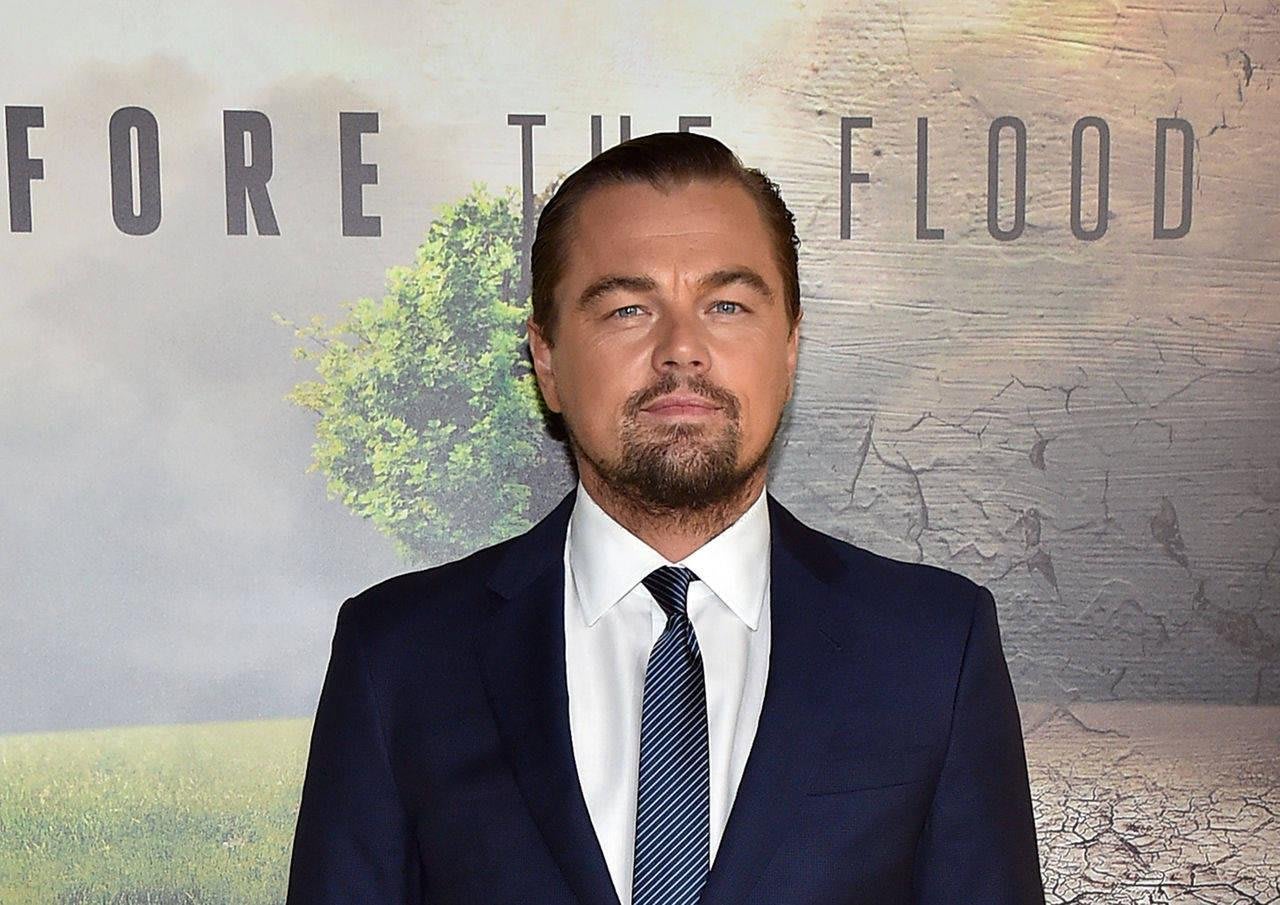Leonardo DiCaprio (Part 2)
Leonardo DiCaprio (Part 2)
Leonardo DiCaprio turned down the role of Anakin Skywalker in Star Wars: Episode II – Attack of the Clones, feeling unprepared for such a significant role at the time. That year, he starred in the biopic Catch Me If You Can, directed by Steven Spielberg, based on the life of Frank Abagnale Jr. The film received critical acclaim, and DiCaprio's departure from dark and troubled characters was praised. "Catch Me If You Can" grossed $355 million worldwide, becoming his second-highest-grossing release after "Titanic."
DiCaprio starred in Martin Scorsese's Gangs of New York, a historical drama set in mid-19th century New York City. Despite budget issues and producer-director disagreements, the film was successful, earning 193 million worldwide and positive critical response. DiCaprio played Amsterdam Vallon, the young leader of an Irish-American street gang, marking a shift from boyish roles to a mature leading man.:max_bytes(150000):strip_icc()/James-Dean-young-Leonardo-DiCaprio-081022-b8ece0c518ac48eea0b7b87cad6946a6.jpg)
In 2004, DiCaprio founded the production company Appian Way Productions and executive-produced The Assassination of Richard Nixon. He also reunited with Scorsese for The Aviator 2004, a biopic of Howard Hughes. The film was a critical and financial success, grossing 213 million and earning DiCaprio his first Golden Globe Award for Best Actor in a Motion Picture Drama.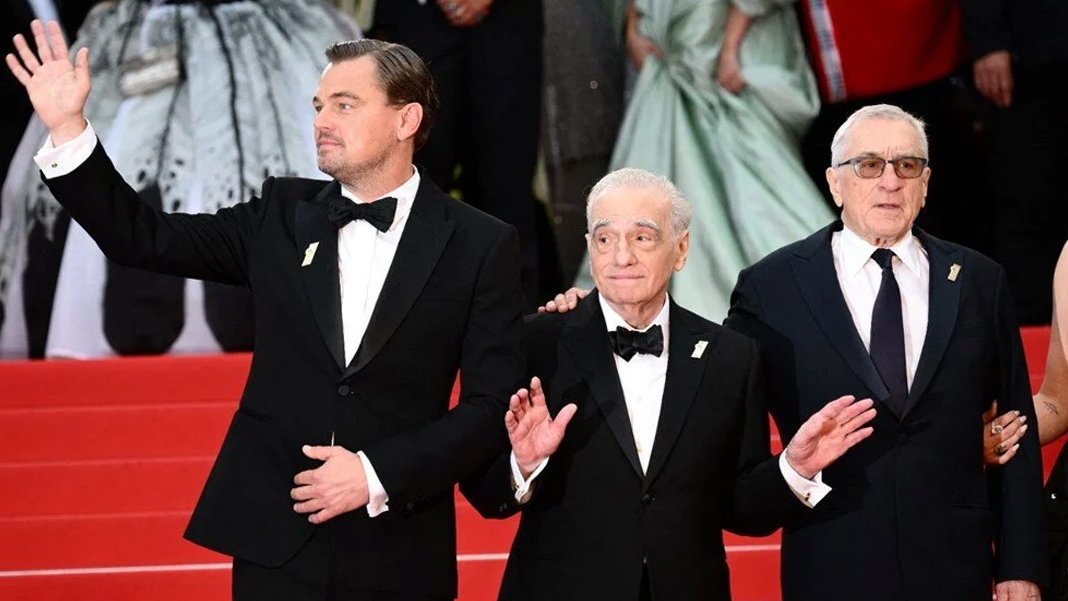
DiCaprio starred in Scorsese's crime film The Departed and the political war thriller Blood Diamond. In The Departed, he played Billy Costigan, a state trooper working undercover in the Irish Mob, alongside co-stars Jack Nicholson and Matt Damon. The film was critically acclaimed and became DiCaprio and Scorsese's highest-grossing collaboration at the time.
Despite his leading role in The Departed, Warner Bros. Pictures submitted DiCaprio's performance for a Best Supporting Actor nomination at the AMPAS to avoid internal conflict with his part in Blood Diamond. DiCaprio's co-star Mark Wahlberg was nominated instead, but DiCaprio earned accolades for his performance in The Departed, including a Satellite Award for Best Supporting Actor and Best Actor nominations at the Golden Globes and BAFTA Awards.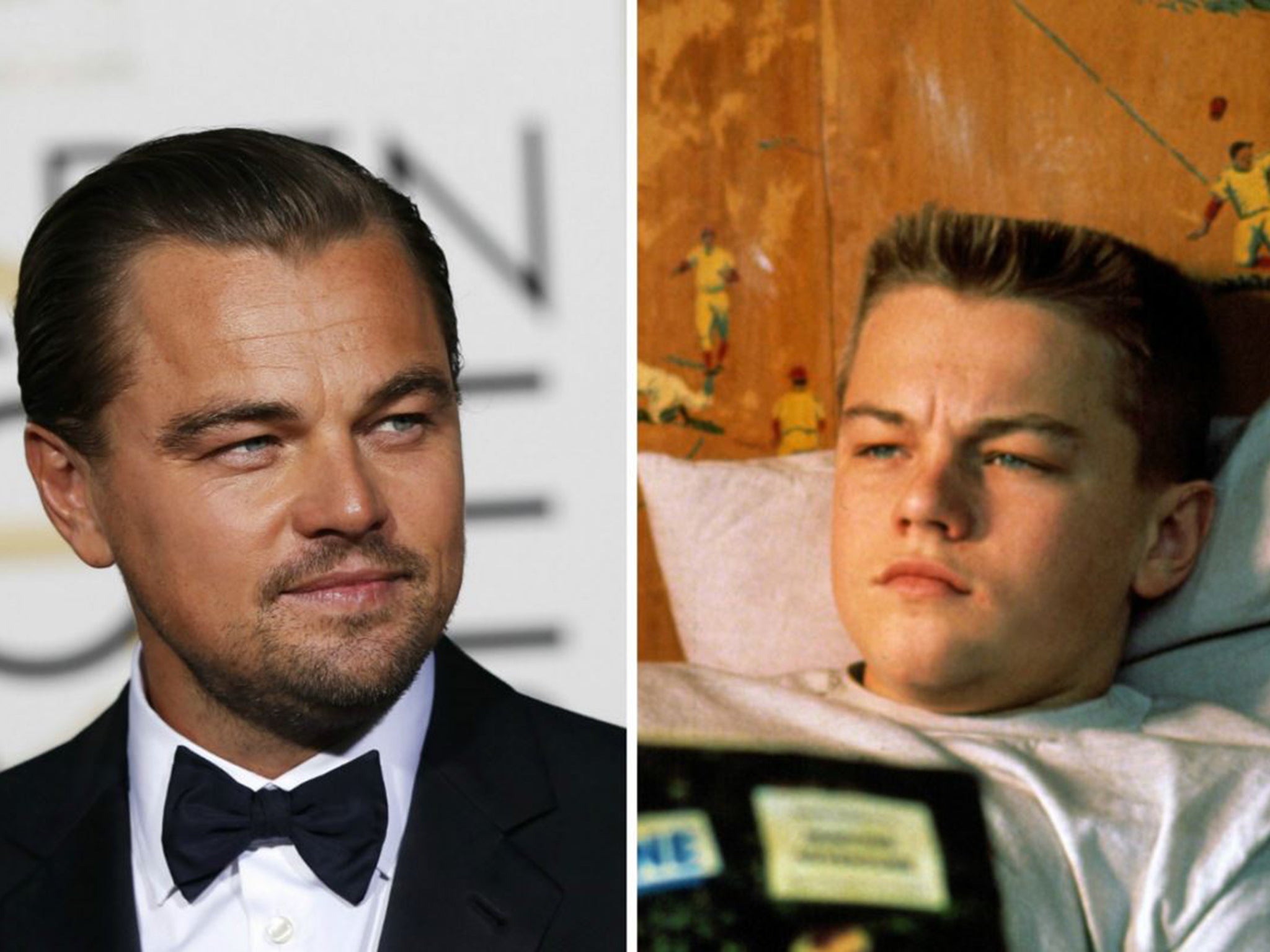
Blood Diamond (2006), Leonardo DiCaprio portrayed a diamond smuggler from Rhodesia involved in the Sierra Leone Civil War. His commitment to the role included spending six months in Africa, learning about camouflage from people in the South African military, and interviewing locals to improve his accent. During filming, he worked with 24 orphaned children from the SOS Children's Village in Maputo, Mozambique, an experience that deeply touched him. The film received generally favorable reviews, with DiCaprio noted for his convincing South African accent. He earned nominations for an Academy Award and a Golden Globe for his performance.
2007, DiCaprio produced the comedy-drama "Gardener of Eden, which received mixed reviews. He also produced, co-wrote, and narrated the documentary The 11th Hour, focusing on the state of the natural environment. The documentary won the Earthwatch Environmental Film Award in 2008. DiCaprio's production company, Appian Way, produced the series Greensburg (2008–2010), which centered on rebuilding the town of Greensburg, Kansas, sustainably after a tornado hit in May 2007. Additionally, in 2008, he starred in the spy film Body of Lies and collaborated with Kate Winslet in the drama "Revolutionary Road," directed by Sam Mendes. Revolutionary Road received positive reviews, and DiCaprio earned his seventh Golden Globes nomination for his role.
DiCaprio starred in Body of Lies, a spy film based on the novel of the same name. He played one of three agents battling a terrorist organization in the Middle East. The film received mixed reviews from critics and grossed 118 million worldwide against a budget of 67.5 million.
2008, DiCaprio collaborated with Kate Winslet in the drama Revolutionary Road, directed by Sam Mendes. The film, based on the 1961 novel by Richard Yates, explores the struggles of a couple in a failing marriage in the 1950s. Revolutionary Road received positive reviews, with praise for DiCaprio's multi-layered portrayal of an overwhelmed character. DiCaprio earned his seventh Golden Globe nomination for his performance.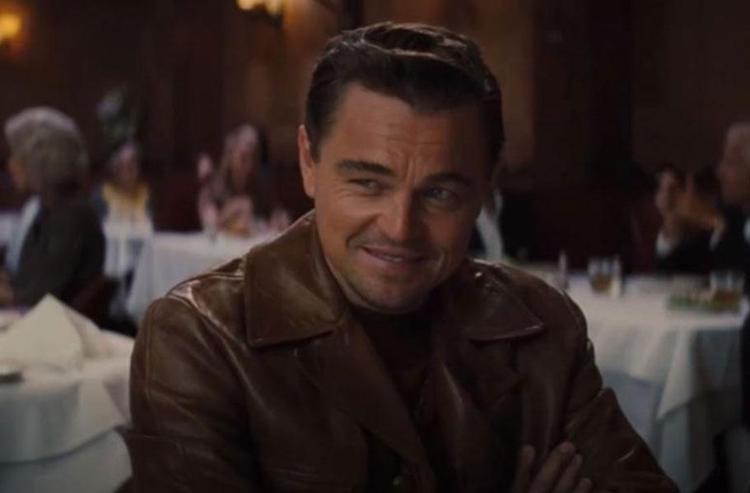
To close out the 2000s, DiCaprio produced the psychological horror thriller "Orphan" (2009), directed by Jaume Collet-Serra. The film, starring Vera Farmiga, Peter Sarsgaard, and Isabelle Fuhrman, received mixed reviews but was a commercial success.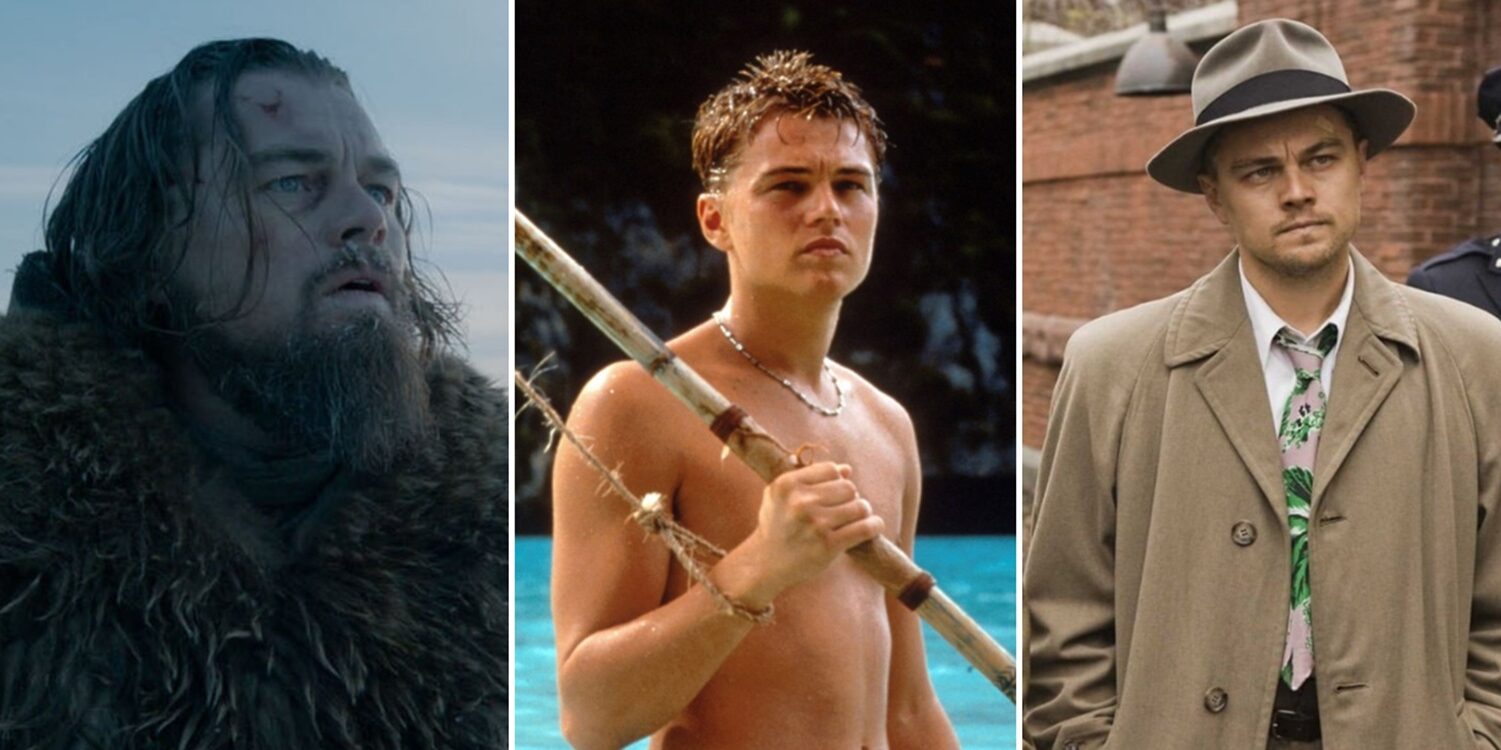
2011, Leonardo DiCaprio starred as J. Edgar Hoover in Clint Eastwood's "J. Edgar," a biopic focusing on Hoover's career as the FBI director, including an exploration of his private life and alleged homosexuality. While critics felt the film lacked overall coherence, DiCaprio received praise for his performance. Roger Ebert commended DiCaprio for bringing depth and nuance to the character, suggesting that he conveyed aspects of Hoover's personality that may have been unknown to the man himself. Additionally, in 2011, DiCaprio produced Catherine Hardwicke's romantic horror film Red Riding Hood and George Clooney's political drama The Ides of March.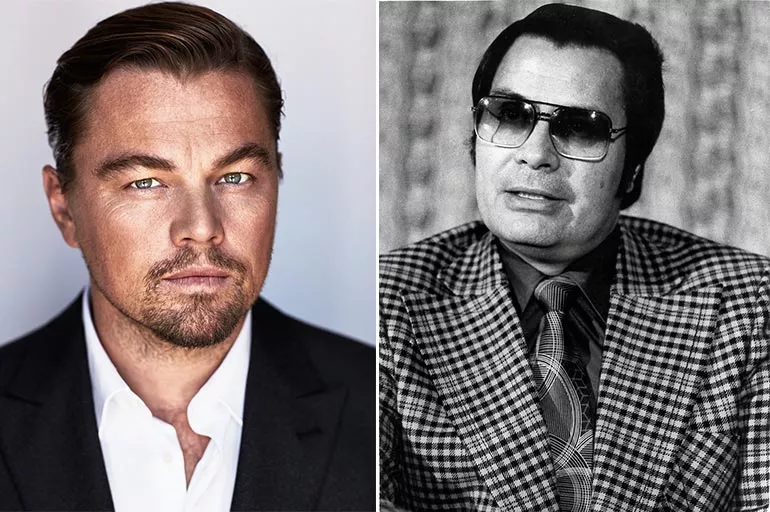
DiCaprio starred as plantation owner Calvin Candie in Quentin Tarantino's "Django Unchained." Despite initial discomfort with the film's portrayal of racism, DiCaprio's performance was widely praised. The film received critical acclaim, earning DiCaprio a Golden Globe Award nomination for Best Supporting Actor. "Django Unchained" grossed $425 million worldwide on a $100 million production budget.
DiCaprio took a break from acting to focus on environmental activism. However, he had four film releases that year, including his role as Jay Gatsby in Baz Luhrmann's adaptation of F. Scott Fitzgerald's The Great Gatsby. While the film received mixed reviews, DiCaprio's performance earned him the AACTA Award for Best Actor in a Leading Role. He also produced three films under Appian Way in 2013: Runner Runner, Out of the Furnace, and The Wolf of Wall Street.
DiCaprio reunited with Martin Scorsese for "The Wolf of Wall Street," based on the life of stockbroker Jordan Belfort. DiCaprio had wanted to play Belfort since reading his autobiography and won a bidding war for the rights to Belfort's memoir in 2007. The film received positive reviews, with praise for DiCaprio's carefree and comedic performance. He won the Golden Globe Award for Best Actor in a Motion Picture Musical or Comedy and received nominations for a BAFTA Award and Academy Awards for Best Actor and Best Picture.:max_bytes(150000):strip_icc():focal(734x299:736x301)/leo-dicaprio-too-young-play-james-dean-081222-299daf5f474548f0b725df244de8eb2c.jpg)
Early in his career, Leonardo DiCaprio gained a reputation for his reckless behavior and intense partying, often associated with a group of male celebrities known as the Pussy Posse in the 1990s. Journalist Nancy Jo Sales, in a 1998 article for New York Magazine, criticized the group for their pursuits of chasing girls, picking fights, and not tipping the waitress. DiCaprio's adventurous lifestyle was exemplified when, during an unspecified activity, his parachute failed to open, leading to a near-fatal incident for himself and friend Justin Herwick. In response, DiCaprio stated that he enjoys doing things that scare him.
This period of his life was characterized by a party-centric lifestyle, attracting media attention and criticism. Even United States Senator John McCain referred to him as an androgynous wimp. However, DiCaprio felt that public perception of him was exaggerated, mentioning that people wanted to see him fall rather than succeed. Steven Spielberg, who directed him in "Catch Me If You Can," defended DiCaprio's reputation, stating that such behavior is common among young people and describing him as a family-oriented person during the film's production.
DiCaprio has been conscious of his public image and has used his stardom to further social causes. Despite media scrutiny, he has engaged in philanthropy and environmental activism, demonstrating a commitment to addressing global issues. Some journalists have noted that DiCaprio can maintain a private and guarded personality, keeping his true self away from the public eye.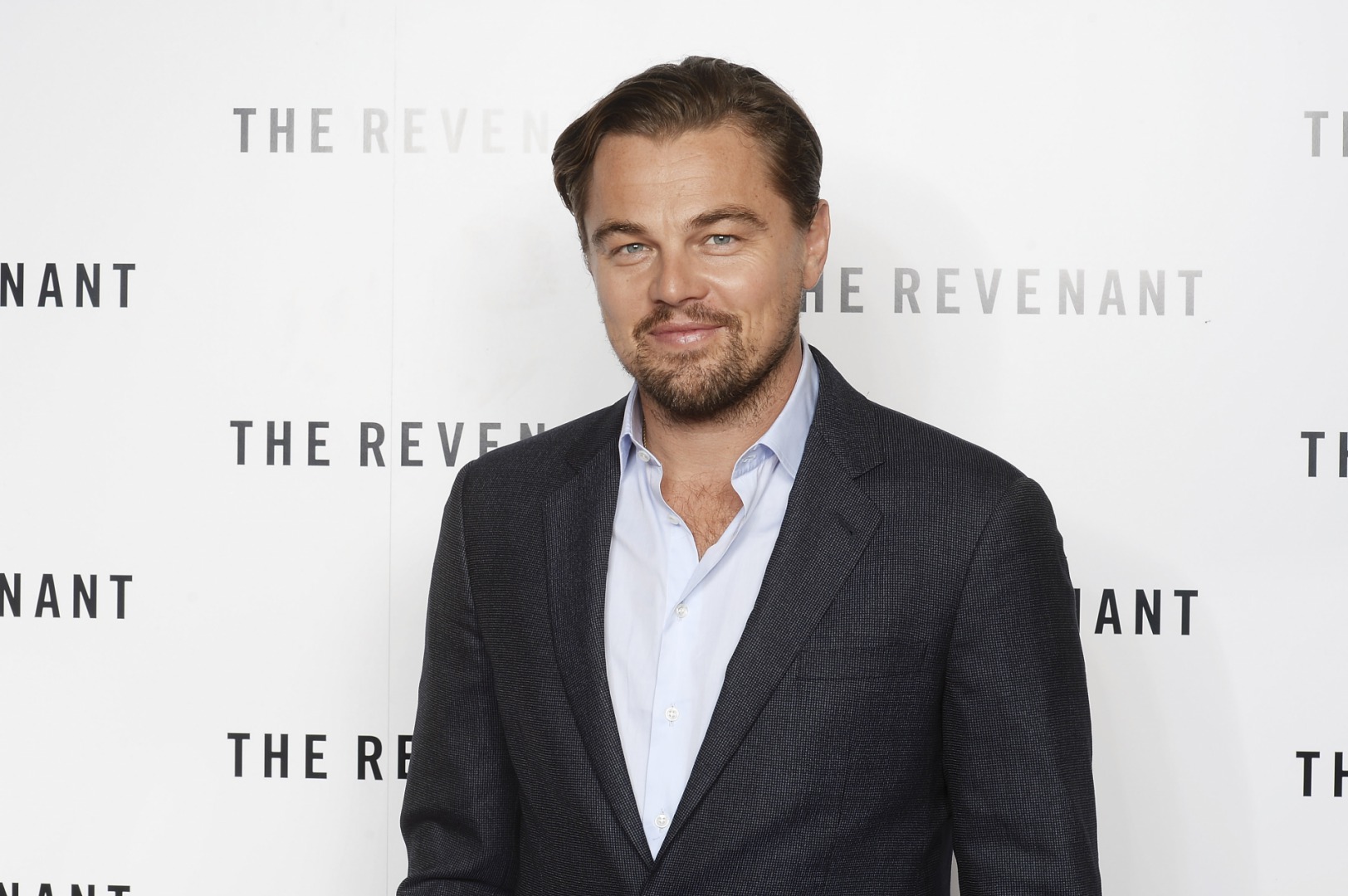
References
- Molloy, Antonia (February 2, 2014). "Leonardo DiCaprio Reveals His Childhood Surrounded by Drugs as He Defends The Wolf of Wall Street Role". The Independent. Archived from the original on October 11, 2019. Retrieved October 11, 2019.
- ^ "Los Angeles Center For Enriched Studies: Facts about LACES". Los Angeles Center for Enriched Studies. Archived from the original on January 15, 2014. Retrieved May 15, 2013.
- ^ Mathieson, Craig (November 11, 2014). "40 for 40: Leonardo DiCaprio Edition". Special Broadcasting Service. Archived from the original on July 30, 2023. Retrieved July 29, 2023.
- a b c Rader, Dotson (January 8, 2016). "Leonardo DiCaprio: Man of the World". Parade. Archived from the original on September 19, 2016. Retrieved October 12, 2019.
- a b c d O'Neill, Anne-Marie (January 26, 2001). "Riding the Wave". People. Archived from the original on January 9, 2011. Retrieved February 27, 2020.
- ^ Cronin, Brian (February 19, 2019). "Did Leonardo DiCaprio Get Kicked Off the Set of Romper Room as a Kid?". Comic Book Resources. Archived from the original on October 11, 2019. Retrieved October 11, 2019.
- ^ Borge, Jonathan (February 25, 2016). "An Adorable Look Back at 8 of Leonardo DiCaprio's Early TV Commercials". InStyle. Archived from the original on July 23, 2018. Retrieved July 23, 2018.
- ^ Booth, Jessica (October 30, 2018). "Leonardo DiCaprio's Look Has Evolved Since His Days on Growing Pains". Harper's Bazaar. Yahoo!. Archived from the original on March 2, 2023. Retrieved March 2, 2023.
- ^ Wight 2012, pp. 28–29.
- ^ Wight 2012, pp. 21–22.
- ^ Wight 2012, pp. 23–24.
- ^ "12th Annual Awards". Young Artist Awards. Archived from the original on July 16, 2015. Retrieved October 11, 2019.

